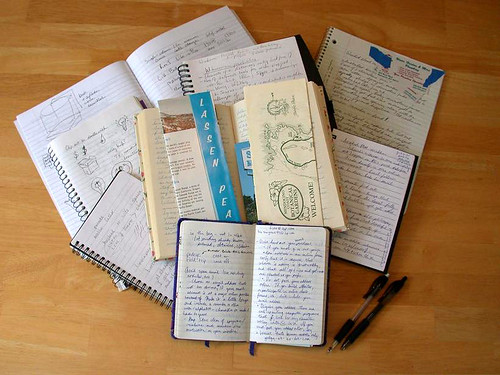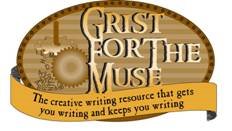 |
| Courtesy of Dvortygirl via Flickr |
Preparation is the key. There needs to be organization in order for creativity to flourish. And if you are having trouble getting started, why not try a formula?
There is this myth that you can create fully formed original stories using some sort of mythical creative power. The truth: There are no new stories just creative twists on the old ones, and hopefully creative enough to keep things interesting.
Here are some of Moorcock's tips that I like:
- Create a hero that a reader can relate with, and have them drawn into a conflict unwillingly because something happens that makes the conflict personal.
- The hero needs an object of some sort in order to resolve the conflict, but many parties are also trying to get that object. Competing parties creates conflict for the hero. This desired object gives the hero a goal, and if you add a critical time limit for achieving that goal, it creates pressure to keep the story moving forward.
- Take a total word count, in this case 60,000 words, and divide it into sections, such as four sections of 15,000 words each. Establish a general goal for each 15,000 word section then divide each section into six chapters. Then make sure that each chapter has action that moves your hero toward reaching his immediate goal.
- Moorcock also generated a list of images, in his case fantastic images, that he could slide into the story when needed in order to create an obstacle, or to establish the atmosphere of the story. He often took an ordinary object he saw in the room and gave it a creative twist to create a desired effect in the story.
Do you have a formula for writing? How does it work for you? Do you find yourself always sticking to the plan? Or does it change as you write? Comment below. Let’s discuss.

No comments:
Post a Comment